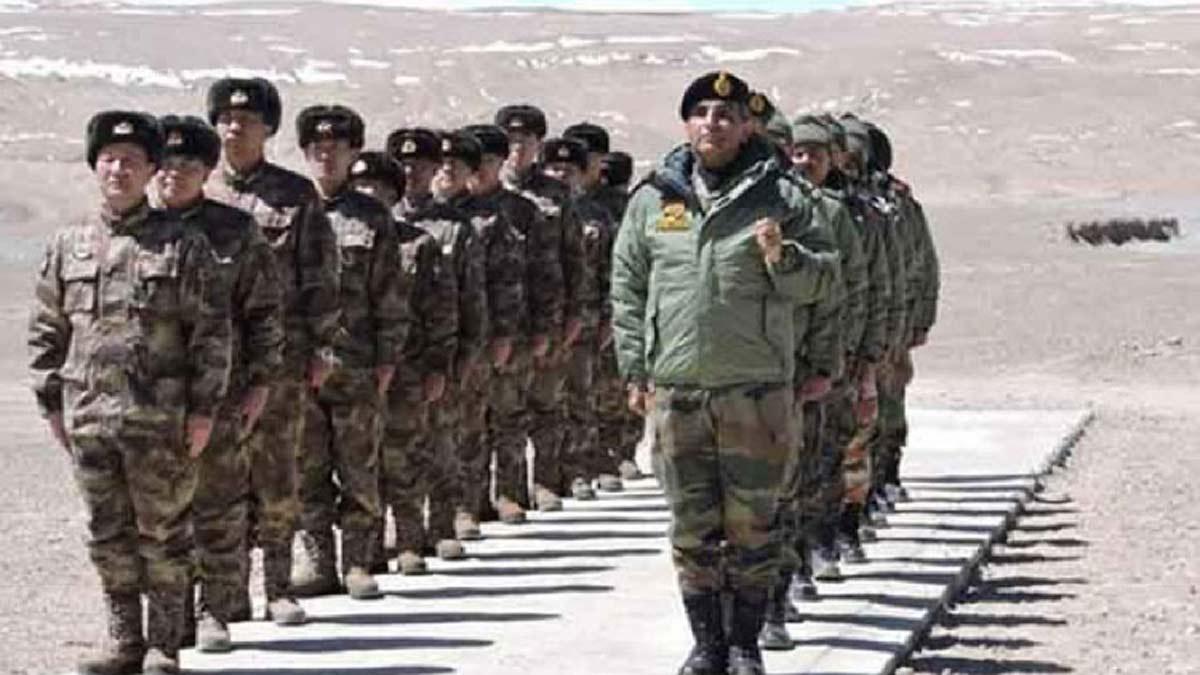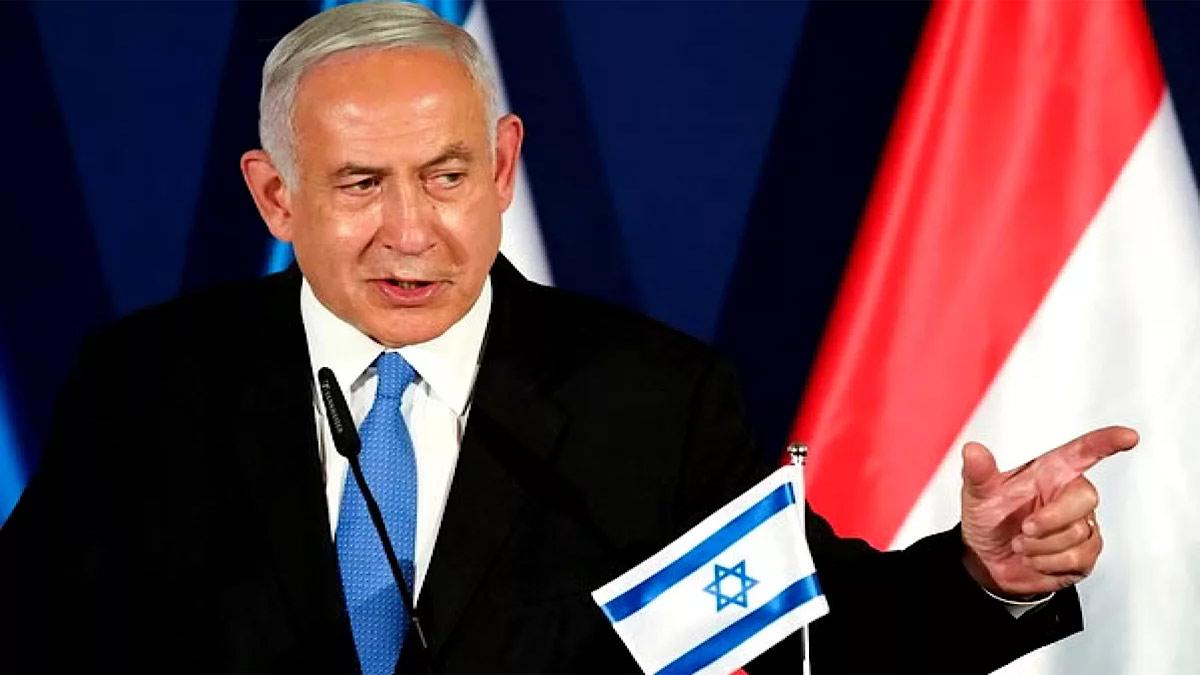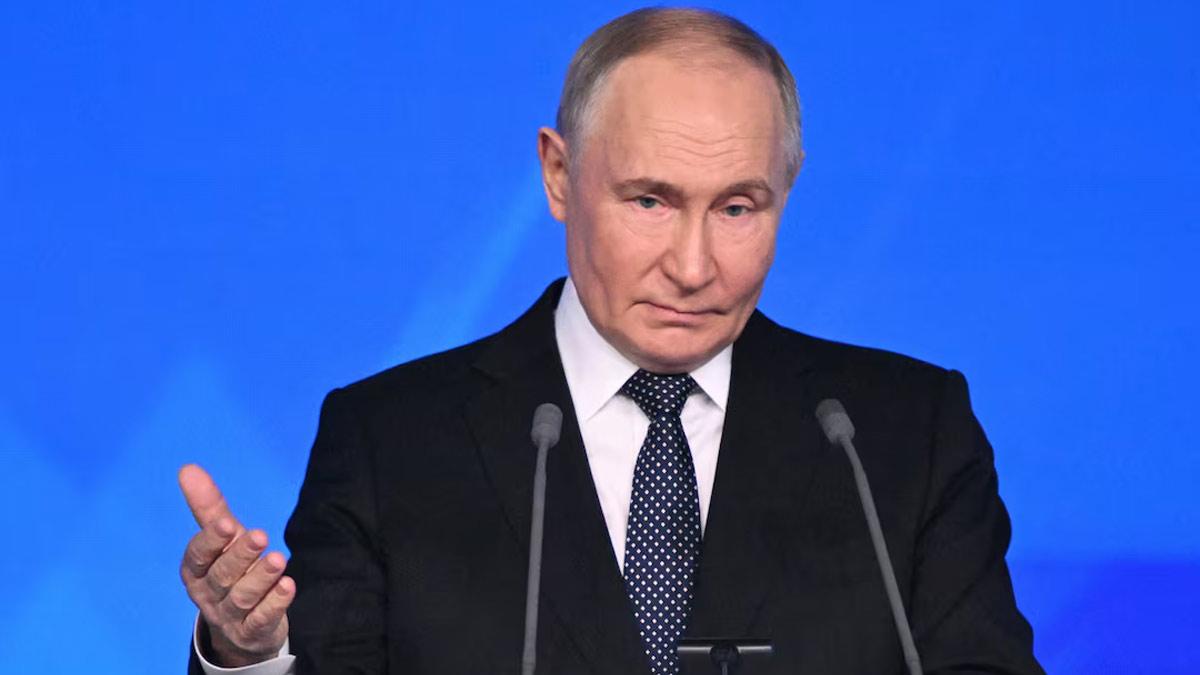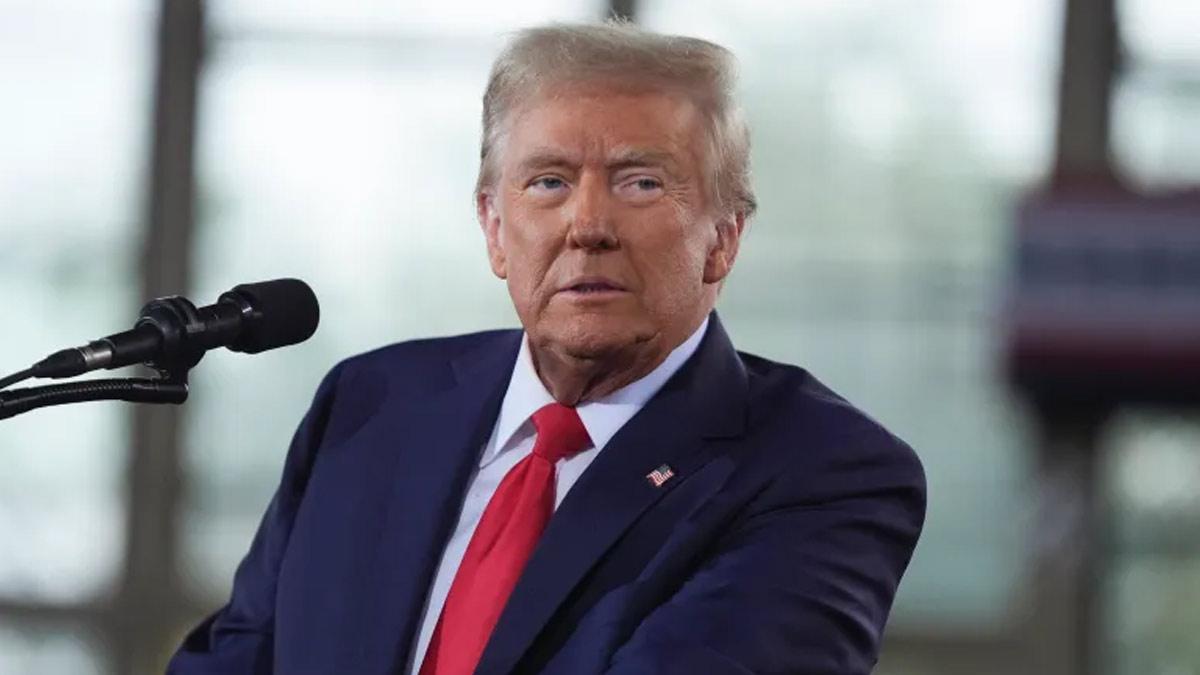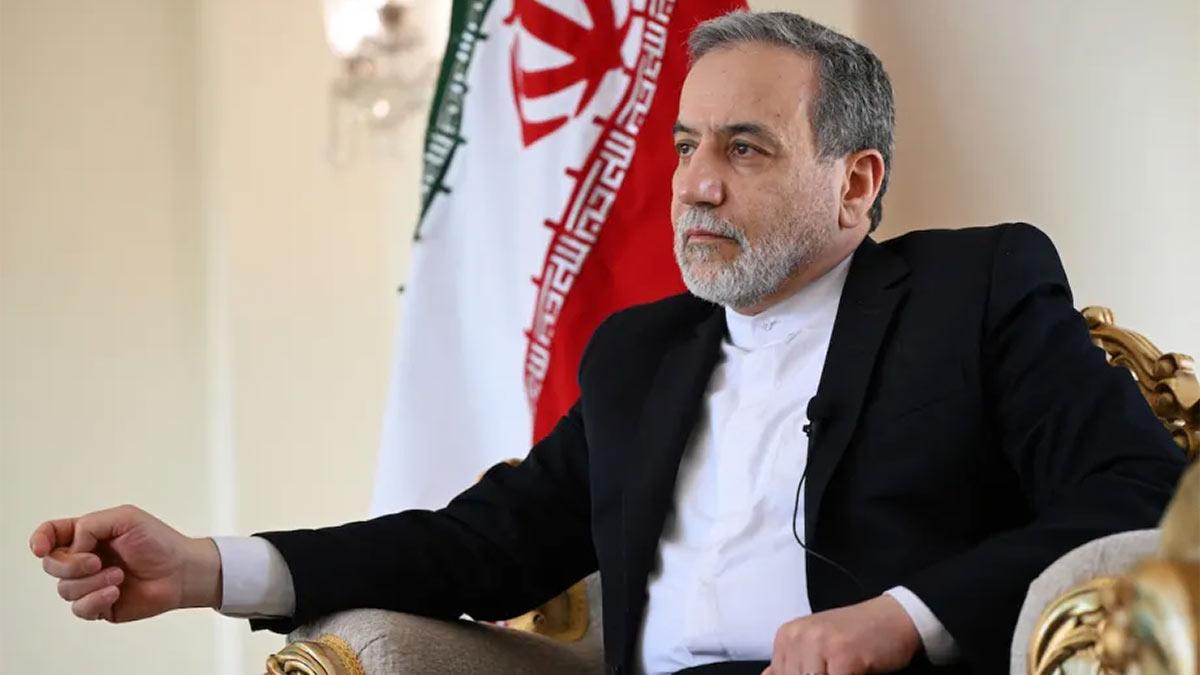China stated that disengagement of troops from eastern Ladakh by armies of the two countries is going on "smoothly" following a recent agreement between the two nations. Prime Minister Narendra Modi and Chinese President Xi Jinping on October 23 endorsed the agreement on patrolling and disengagement along the LAC in eastern Ladakh during their bilateral meeting on the sidelines of the BRICS Summit in Kazan in Russia.
In line with the decisions that China and India have recently agreed on concerning issues relating to the border area, the frontier troops from China and India are conducting relevant work, which is going well so far, Chinese Foreign Ministry spokesperson Lin Jian told a media briefing here on Friday.
India said it had agreed to withdraw troops from the friction points on October 21, and China confirmed a day later saying the two sides have reached "resolutions on relevant matters" and Beijing will work with New Delhi to implement these resolutions.
Following the agreement, troops of the two countries have started disengagement at the two friction points in Demchok and Depsang Plains in eastern Ladakh and this process is likely to be completed by October 28-29," Indian Army sources said on Friday. The agreement was arrived at only for these two friction points and "talks are still underway" for other areas, they said.
According to sources, patrolling would resume from these places once the disengagement that started two days back is over, and troops on both sides are repositioned and the makeshift structures are dismantled. They said eventually, the areas and patrolling status are going to be shifted back to the level prevalent before April 2020.
The ties between the two Asian giants dived into a nosedive after a fierce clash in the Galwan Valley in June 2020 that marked the most serious military conflict between the two sides in decades. Foreign Secretary Vikram Misri on October 21 said in New Delhi that the agreement was finalized following negotiations over the past several weeks and that it would lead to a resolution of the issues that arose in 2020.
Read also| Israel to Respond If Iran Initiates New Escalation
Read also| India Confronts Pakistan at UNSC Over Dire Conditions Faced by Minority Women

